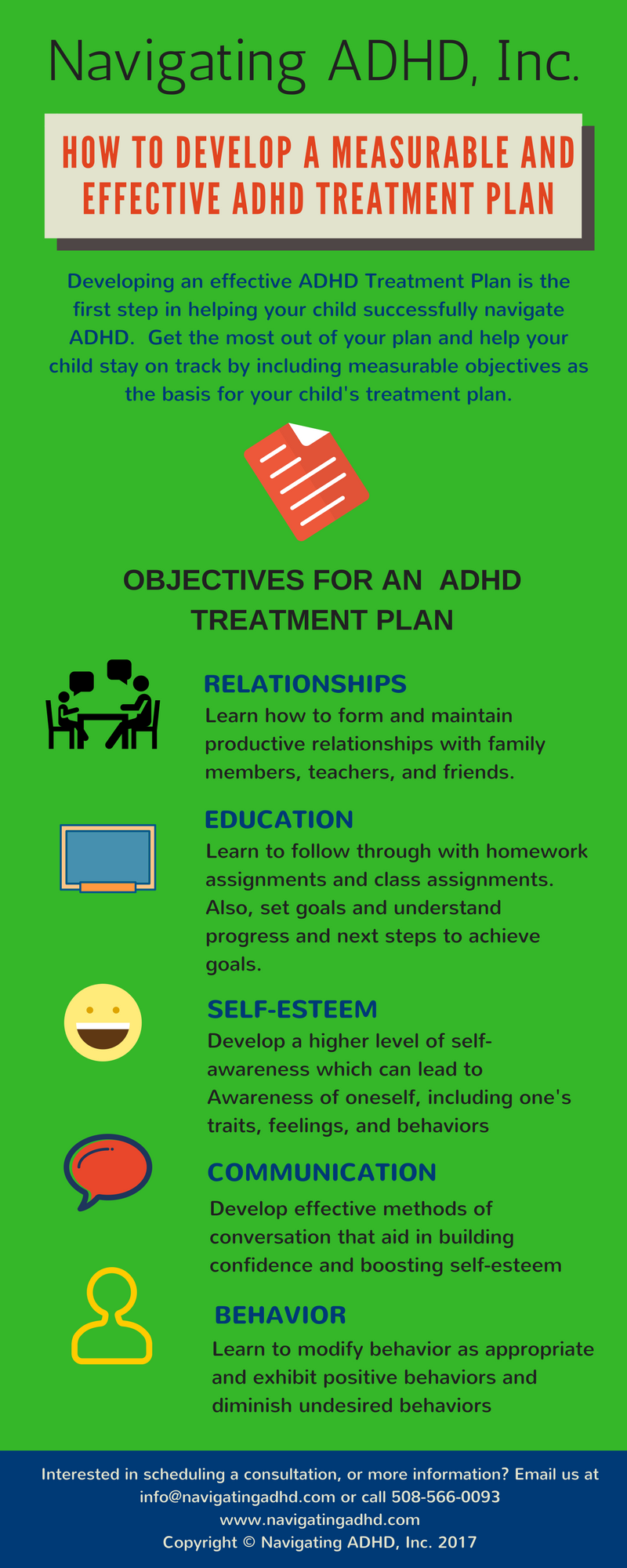Telehealth Psychiatrist Appointments for Accessible Mental Health Support
Telehealth Psychiatrist Appointments for Accessible Mental Health Support
Blog Article
The Advantages of Customized ADHD Therapy Plans for Better Outcomes
The application of tailored ADHD therapy plans has arised as a pivotal technique in improving healing outcomes for individuals impacted by this problem. By identifying the unique manifestations of ADHD in everyone, these customized treatments advertise better engagement and motivation, inevitably resulting in extra efficient coping strategies. This customized approach not only addresses scholastic and occupational challenges but also promotes boosted social connections and overall top quality of life. The real degree of these benefits raises essential concerns regarding the certain elements that contribute to long-term success and how they can be maximized for varied populaces.
Comprehending ADHD Variability
Although Attention-Deficit/Hyperactivity Disorder (ADHD) is often regarded as a particular problem, its symptoms can vary dramatically among individuals. This irregularity is influenced by a variety of elements, consisting of age, gender, existing side-by-side conditions, and ecological contexts. Children with ADHD might exhibit hyper behaviors, while adults might primarily battle with attention shortages. Sex distinctions also play a duty, as males are a lot more regularly identified with ADHD and often show extra obvious symptoms, whereas women might present with less evident inattentiveness.
Moreover, people with ADHD might experience a range of emotional and behavioral difficulties, such as stress and anxiety or opposite defiance, that can make complex medical diagnosis and therapy. The communication of these factors can lead to diverse experiences of ADHD, necessitating a nuanced understanding of the disorder. It is likewise worth keeping in mind that ADHD can offer differently across various cultural contexts, affecting just how signs and symptoms are identified and addressed. This understanding highlights the significance of acknowledging ADHD as a diverse condition, which calls for personalized approaches to therapy that consider the one-of-a-kind needs and experiences of each person.
Key Elements of Customization
Customized ADHD therapy strategies are grounded in numerous crucial components that ensure reliable administration of the disorder. A comprehensive analysis is essential, entailing standardized rating ranges, interviews, and behavior observations. This thorough analysis allows medical professionals to understand the person's special signs and symptoms, toughness, and challenges.
Second, the participation of several stakeholders, including parents, instructors, and the person, adds to an alternative view of the individual's needs. Partnership fosters a helpful environment that can adjust to the person's context and lifestyle.
Third, therapy strategies ought to be versatile and versatile, enabling modifications based on recurring responses and the individual's progressing demands. This adaptability allows the combination of numerous therapeutic methods, such as behavior treatments, psychoeducation, and drug management.
Furthermore, social and contextual variables have to be thought about. Acknowledging the person's history, worths, and choices ensures being depressed that the treatment is relevant and respectful.
Finally, routine follow-ups and evaluations are vital to keep an eye on progression and make necessary adjustments. By focusing on these key components, personalized ADHD treatment plans can dramatically enhance the effectiveness of interventions, leading to improved end results for people with ADHD.
Boosted Interaction and Motivation
To successfully advertise improved engagement and motivation in people with ADHD, it is crucial to include approaches that reverberate with their rate of interests and toughness. Customized treatment plans that align with a person's interests can cause enhanced participation in therapeutic tasks, fostering a feeling of possession and interest for the process.
Using interactive and imaginative strategies can also substantially improve inspiration. Including gamification elements or real-world applications of skills can make jobs more enticing and pertinent. This not only records focus but also reinforces learning with pleasurable experiences.
Furthermore, establishing possible and purposeful objectives tailored to the person can boost motivation. When people see their development in the direction of personally significant goals, they are most likely to stay engaged. Normal feedback and acknowledgment of achievements can even more endure motivation, developing a favorable feedback loophole that encourages continued initiative.
Finally, fostering an encouraging setting that site where individuals really feel comprehended and valued can significantly influence their engagement levels. When therapy plans are established collaboratively, integrating input from the person, they are extra likely to really feel purchased their trip, ultimately resulting in improved results in managing ADHD.
Improved Coping Techniques
Establishing improved coping approaches is important for individuals with ADHD, as it outfits them with effective tools to browse everyday challenges. An individualized therapy strategy allows for the identification of specific coping systems customized to the individual's unique requirements and circumstances - ADHD treatment. Methods such as mindfulness, time administration skills, and organizational techniques can be integrated into day-to-day routines, cultivating a feeling of control and minimizing anxiousness
Mindfulness techniques, including meditation and deep-breathing workouts, help people with ADHD concentrate their interest and regulate their feelings. Time monitoring methods, such as making use of timers or damaging jobs right into smaller sized, convenient actions, can alleviate sensations of overwhelm. In addition, business tools like organizers and checklists can boost effectiveness and responsibility.
Lasting Favorable End Results
Implementing individualized ADHD treatment plans can result in substantial lasting favorable end results for individuals. These customized methods, which take into consideration one-of-a-kind signs, preferences, and life conditions, like this facilitate extra effective management of ADHD signs and symptoms with time. By concentrating on the particular demands of the individual, these strategies enhance adherence to treatment procedures and foster better interaction in healing activities.
:max_bytes(150000):strip_icc()/adhd-treatment-4157278_FINAL-848b0cfc4d0b42a0b66c3d2ca894e9dd.png)
Moreover, customized treatment strategies can considerably decrease the risk of comorbid conditions, such as anxiousness and depression, which are typically related to ADHD. Early intervention and regular support assistance individuals develop resilience and coping methods, promoting overall mental health.
Ultimately, the lasting positive end results of personalized ADHD therapy plans not just improve the high quality of life for people yet likewise add to their general wellness and success in numerous life domains. This alternative technique underscores the importance of personalized care in managing ADHD effectively.
Verdict

Report this page